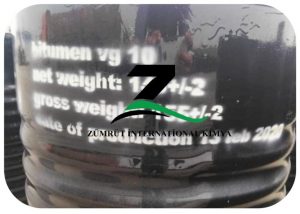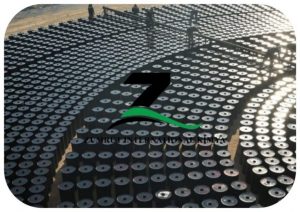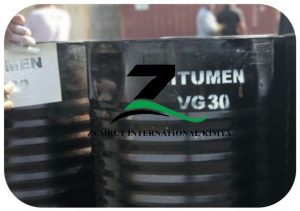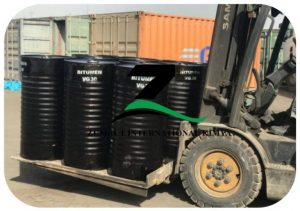
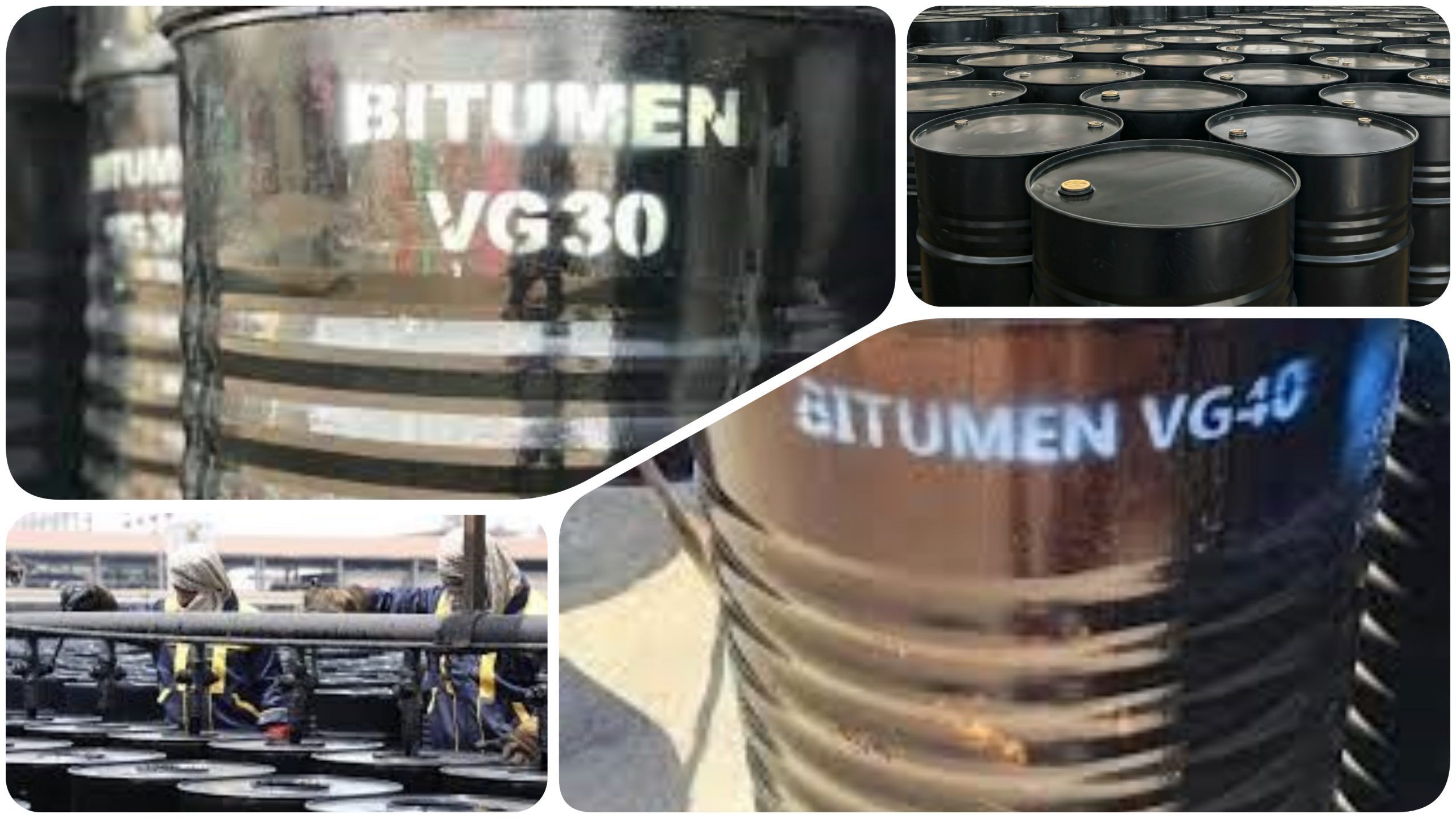
Viscosity Grade Bitumen Description
Viscosity Grade Bitumen (VG Bitumen) is a type of bitumen introduced in the late 20th century by the United States. It is graded based on viscosity at 60°C and 135°C, with penetration at 25°C also measured.
This test helps understand bitumen's response to temperature fluctuations, demonstrating its resistance to flow in hot climate conditions. VG bitumen is most commonly used in India, with four grades: VG10, VG20, VG30, and VG40. The viscosity test offers a more fundamental approach to analyzing bitumen's behavior in specific temperatures.
What Is Viscosity Grade Bitumen?
VG Bitumen is available in four main categories:
VG10: Ideal for spraying applications and cold weather surface treatment.
VG20: Ideal for medium climates and high-altitude road construction.
VG30: Use on high-load roads; replacement for 60/70 penetration bitumen.
VG40: For heavy-duty applications like highways, intersections, and industrial estates.
All grades are tested to provide consistent flow resistance and traffic and temperature stress performance.
Uses of Viscosity Grade Bitumen
Viscosity Grade Bitumen finds its major use in road and highway construction, especially in the production of hot mix asphalt (HMA) for base courses and surface (wearing) courses. Its greatest strength lies in its viscoelastic properties, which allow it to adapt to changing stresses caused by heavy traffic loads and large temperature fluctuations. This makes it not just suitable for urban roads and highways but also for buildings like airport runways, toll booths, industrial complexes, and high-altitude or desert regions.
VG Bitumen also finds application in waterproofing, sealing of the surface, and as a significant material for the preservation of long-term pavements by minimizing cracking, rutting, and other failures in the surface.
Related Post
|
Bitumen VG10 is a viscosity grade bitumen, a hard hydrocarbon product derived from crude oil by fractional distillation. Because it has low viscosity, it is ideal for application in road construction at low temperatures, giving roadways flexibility to prevent cracks and ugliness. |
Bitumen VG20 is a viscosity grade bitumen utilized in road construction, asphalt production, and construction in cold to temperate climates. It is a black, viscous hydrocarbon substance acquired from the distillation of crude oil and is noted for its balance between ... |
|
Bitumen VG30, or Viscosity Grade 30 bitumen, is a type of bitumen most commonly used in road construction and asphalt paving.It is classified in terms of its viscosity at specific temperatures, which determines its use in various infrastructure projects. |
Bitumen VG40 or Viscosity Grade 40 is a high-viscosity asphalt ideal for highway construction and heavy-duty applications. It has superior thermal stability and water resistance than other viscosities, offering durable road surfaces for heavy traffic and harsh weather conditions. |
Why VG Bitumen Instead Of Penetration Grade?
Property Penetration Grade Viscosity Grade
Temperature Sensitivity High Controlled
ConsistencyOVÁrable High
Resistance to Rutting Lower Higher
Climate Adaptability Limited Wide (cold to hot)
Testing & Standards
Viscosity Grade Bitumen is produced by crude oil distillation and conforms to:
ASTM D3381–09
AASHTO M226-80
Viscosity Types:
Absolute Viscosity (60°C): Measures resistance to flow.
Kinematic Viscosity (135°C): Tests flow under gravity.
Both assist engineers to select the optimum mix and compaction temperature.
Advantages of VG Bitumen
- Improved control on temperature susceptibility
- Decreases fatigue cracking & raveling
- Uniform mix quality at site
- Increased pavement life and reduced maintenance cost
- Better adhesion with aggregates
Where Is VG Bitumen Used?
Viscosity graded bitumen is widely applied in:
- India
- China
- Middle East
- African nations for hot-weather paving work
Want Help on Selecting the Appropriate VG Grade?
Whether you are building in cold climates or high-traffic zones, our specialists can guide you to the best VG grade for your construction endeavor.
Contact us or view our VG Bitumen Product Page for more details.
Specification
| Specification | VG-10 | VG-20 | VG-30 | VG-40 |
|---|---|---|---|---|
| Absolute Viscosity 60 ◦C, Poises, min | 800 | 1600 | 2400 | 3200 |
| Kinematic Viscosity, 135 ◦C, CST, min | 250 | 300 | 350 | 400 |
| Flash Point, ◦C, min | 220 | 220 | 220 | 220 |
| Solubility in Trichloroethylene, %, min | 99 | 99 | 99 | 99 |
| Penetration Value, at 25 ◦C | 80-100 | 60 | 50-70 | 40-60 |
| Softening Point, ◦C, min | 40 | 45 | 47 | 25 |
| Thin-Film Oven Test (TFOT) | ||||
| Viscosity Ratio at 60 ◦C, Max | 4 | 4 | 4 | 4 |
| Ductility at 25 ◦C, Cm, Min | 75 | 50 | 40 | 25 |
| Specific Gravity at 25 ◦C | – | – | 1.0131 | – |
